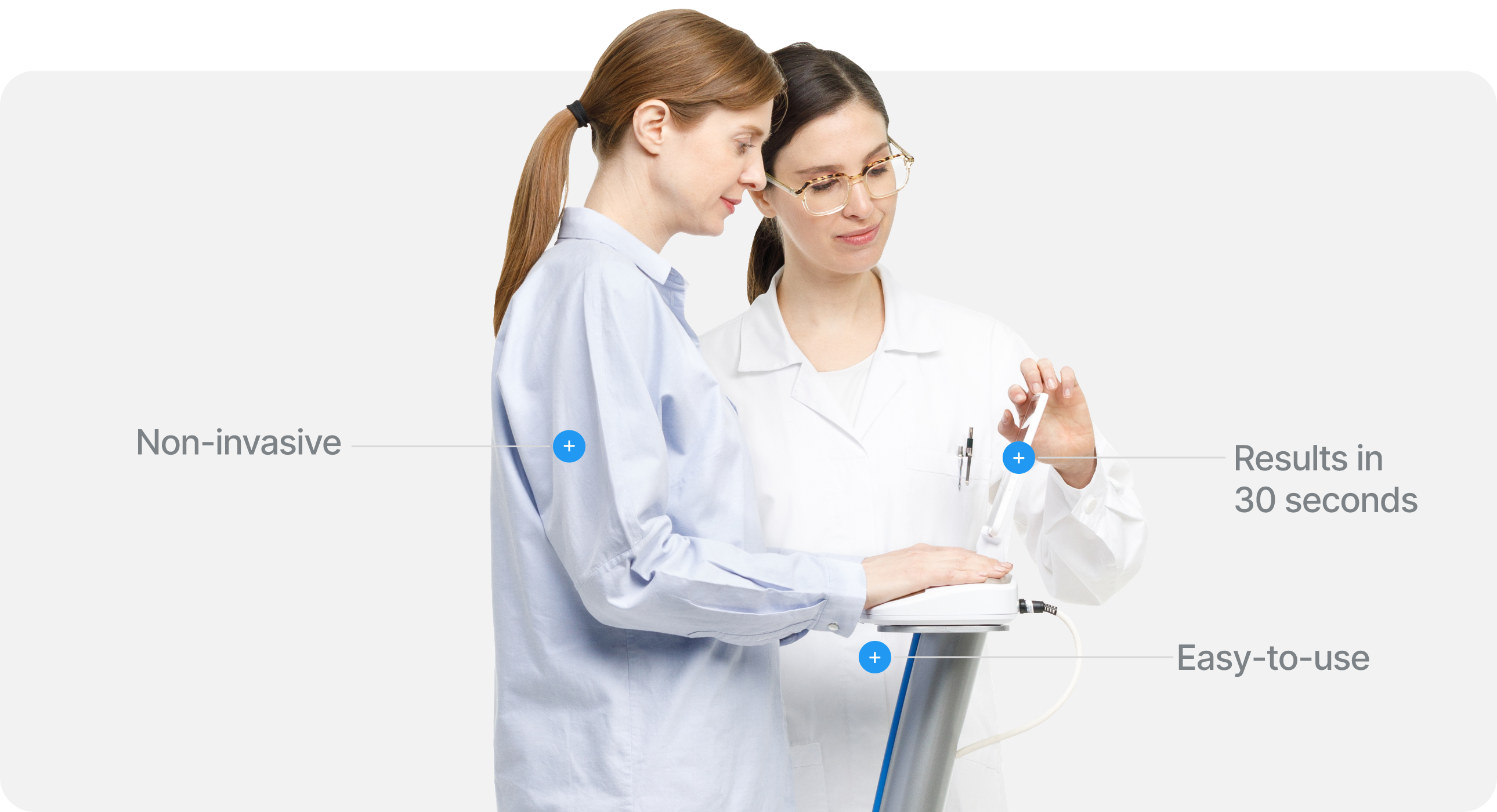CLINICAL PRACTICE GUIDELINES
NCCN Clinical Practice Guidelines in Oncology (NCCN Guidelines®) for Survivorship
The NCCN Guidelines® are consistent about the importance of early detection of lymphedema and use of an objective tool, such as bioimpedance spectroscopy.
Referenced with permission from the NCCN Clinical Practice Guidelines in Oncology (NCCN Guidelines®) for Survivorship V.1.2023. © National Comprehensive Cancer Network, Inc. 2023. All rights reserved. Accessed March 24, 2023. To view the most recent and complete version of the guideline, go online to NCCN.org. NCCN makes no warranties of any kind whatsoever regarding their content, use or application and disclaims any responsibility for their application or use in any way.










